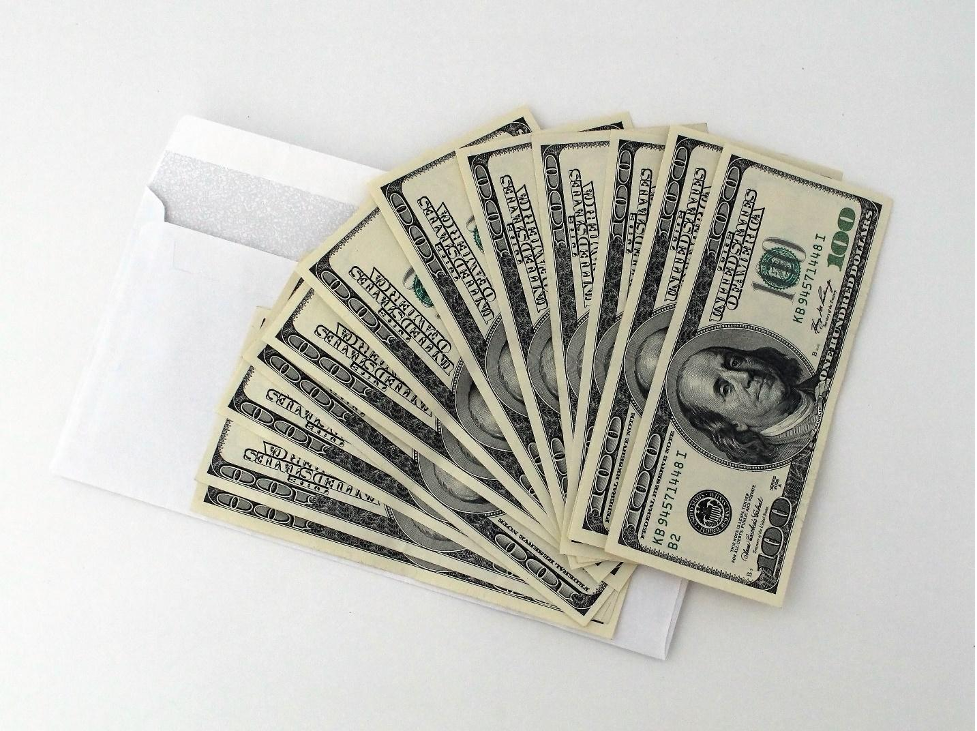Don’t get surprised by an emergency expense. Get prepared for it. Read ahead to find out what your best options are for dealing with emergencies without upending your entire budget.
1. Emergency Fund
This is your best tool for handling emergency expenses. An emergency fund is a collection of personal savings that you reserve specifically for urgent and unexpected expenses, like car repairs, home repairs and medical appointments. With the help of these savings, you can address unanticipated problems right away without disrupting your budget. The withdrawal will not impact your ability to pay for your rent/mortgage, utilities, groceries and other essentials for the month.
The only issue that comes with this back-up plan is that it takes time to build it into a substantial safety net. This is especially true when you only make small and irregular contributions.
2. Credit Card
If you don’t have an emergency fund, you could use your credit card as a back-up plan. Your credit card gives you the freedom to handle expenses when you don’t have enough savings readily available and then manage repayments later on.
Before turning to this option, you should make sure that your outstanding balance is nowhere near your pre-approved limit. You don’t want to max out your card.
If you have multiple cards, use the one that has the most credit available.
3. Line of Credit
Another credit tool that can be incredibly useful for emergencies is a personal line of credit. How does it work? If you apply for a line of credit online and get approved for an account, you may be able to withdraw an amount within your limit and have it deposited into your bank account. This allows you to quickly cover an emergency expense when you don’t have enough savings. Like a credit card, you will have to repay the borrowed funds over time.
Other Back-Up Plans:
There are more back-up plans that you can try, but they come with some complications that should bump them down your priority list. They shouldn’t be your first choice unless you have no other alternative.
4. Savings Accounts
If you don’t have any emergency savings to pull from or any available credit to use, you could draw from another savings fund, like your savings for your retirement or your kid’s post-secondary education.
One of the problems with this strategy is that you might be penalized for doing it. For instance, if you decided to withdraw from your IRA (individual retirement account), and you’re nowhere near your retirement years, you might need to pay a 10% early withdrawal penalty. If you’re considering this option, you should look up ways to avoid early withdrawal penalties to save yourself from the additional expense.
Another problem with using this back-up plan is that you are sabotaging your savings goals. When you withdraw from an emergency fund to cover an emergency expense, you are fulfilling the purpose of that account. When you withdraw from a fund made for your retirement years, post-secondary education or housing costs, you are undermining these objectives. So, if you’re going to pull from these funds in a moment of desperation, do your best to make this move a one-time solution — not a habit.
Consider this as a sign that you should create an emergency fund and expand your credit so that you can manage urgent, unplanned expenses without sabotaging your important financial ambitions.

5. IOUs
An IOU should be your last option when it comes to back-up plans. Why is that? First, you can’t expect your friends or family members to have the funds you need on-hand. They’re not banks. They might be able to give you $100 on short notice, but it’s not likely that they’ll have an extra $1000 that they can send over in a hurry. This is why asking for an IOU is not a reliable solution for emergencies. They might not have what you need, even if they really want to help.
Another reason why an IOU should be considered a last resort is that borrowing money from friends can destroy your relationships — this is especially true when you don’t have the means to pay those loans back right away. That emotional risk doesn’t apply when you borrow money from a financial institution. At worst, the lender will charge you penalties and interest if you don’t pay back on time. It’s just business. A friend will take your delayed repayment personally.
If you want to maintain your relationships with your friends and family members, it’s best to stay away from this back-up plan as much as you can.
It’s always wise to be prepared for the worst-case scenario. With the right financial back-up plans, you can confidently confront and conquer any emergency expense that turns up.



 Bitcoin
Bitcoin  Ethereum
Ethereum  Tether
Tether  XRP
XRP  Solana
Solana  USDC
USDC  TRON
TRON  Lido Staked Ether
Lido Staked Ether  Cardano
Cardano  Avalanche
Avalanche  Toncoin
Toncoin